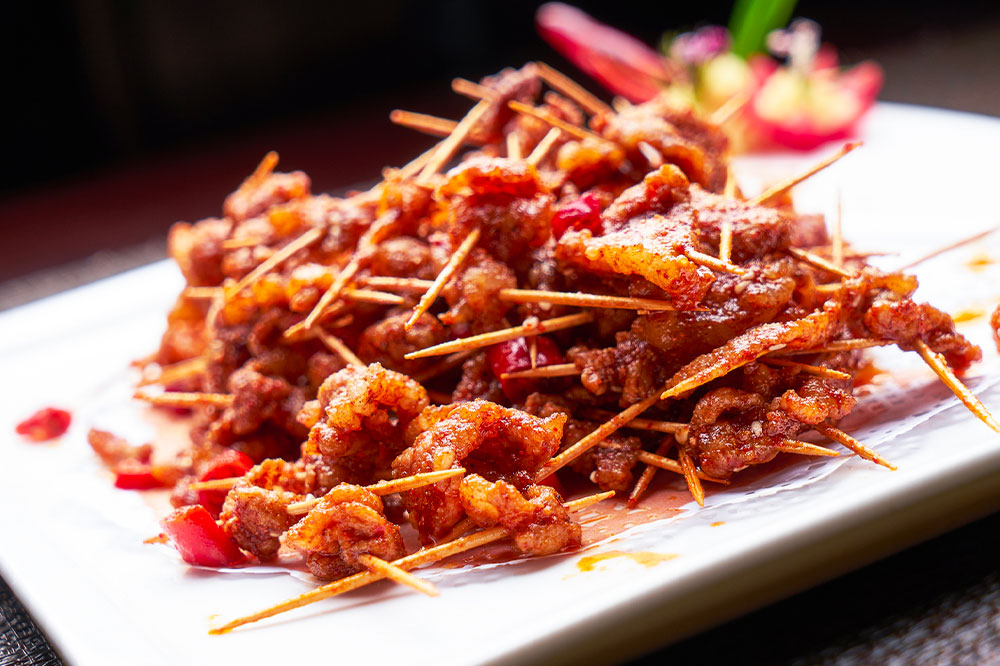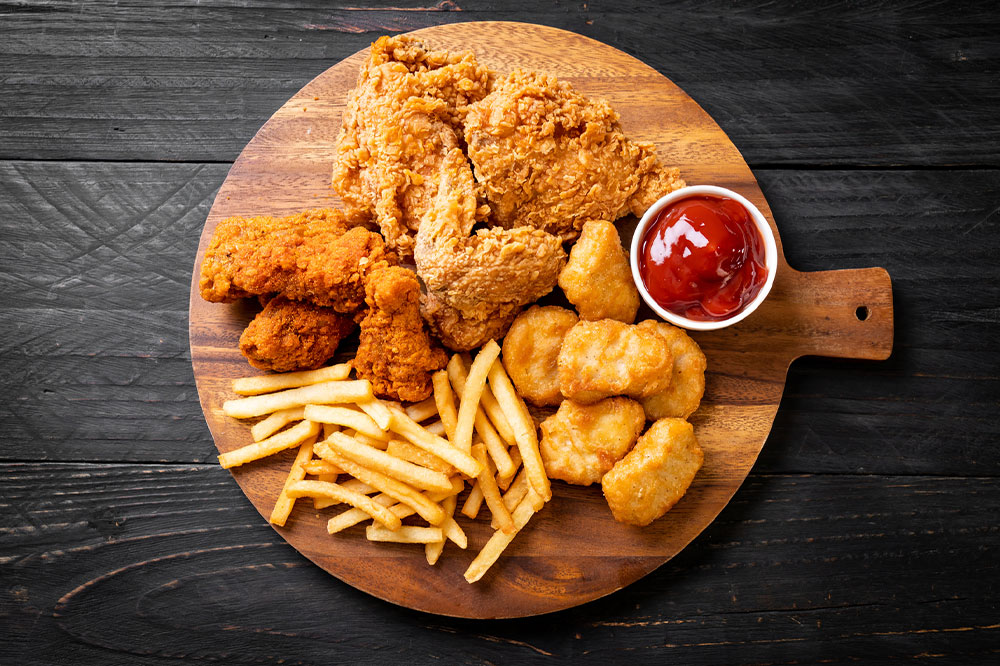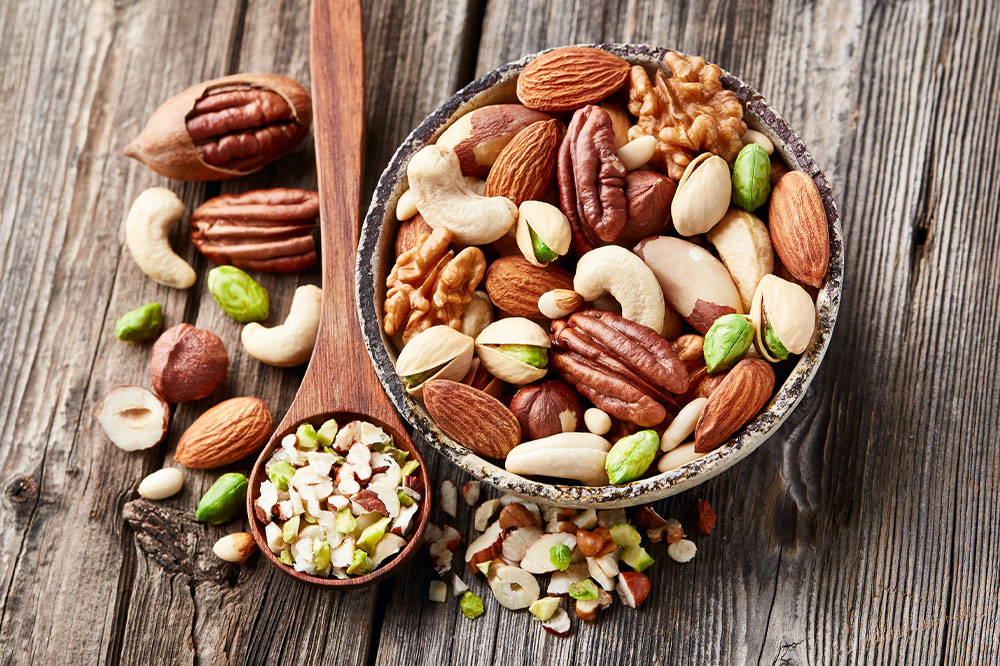
Health
Symptoms, management options, and home remedies for dry eyes
The tears secreted by the eye are a combination of mucus, oils, water, and antibodies. This mixture helps lubricate and moisturize the eye. Moreover, tears help provide proteins to keep eye infections away. But sometimes, the organ cannot secrete sufficient tears, which results in complications that may affect one’s daily lifestyle. As for those who are affected with dry eyes, studies show that between 16 million to about 49 million individuals in the country have the condition. Symptoms The symptoms of dry eyes affect each person differently. Here are some of the most common symptoms of the health condition. Excessive tearing. A feeling of grit in the eyes. Sensitivity of the eyes to smoke and wind. Blurred vision as the day comes to a close. Discomfort when wearing contact lenses. Trouble keeping the eyes open for a prolonged time. Seeing double vision. String-like mucus formations around or in the eyes. Experiencing stinging or burning sensations. Redness or soreness. Fatigue of the eyes after reading even for a short time. Sticky eyelids, especially when the individual wakes up. Excessive pain in the eyes is a common trigger of anxiety. The pain can also negatively affect the person’s ability to perform daily activities.












